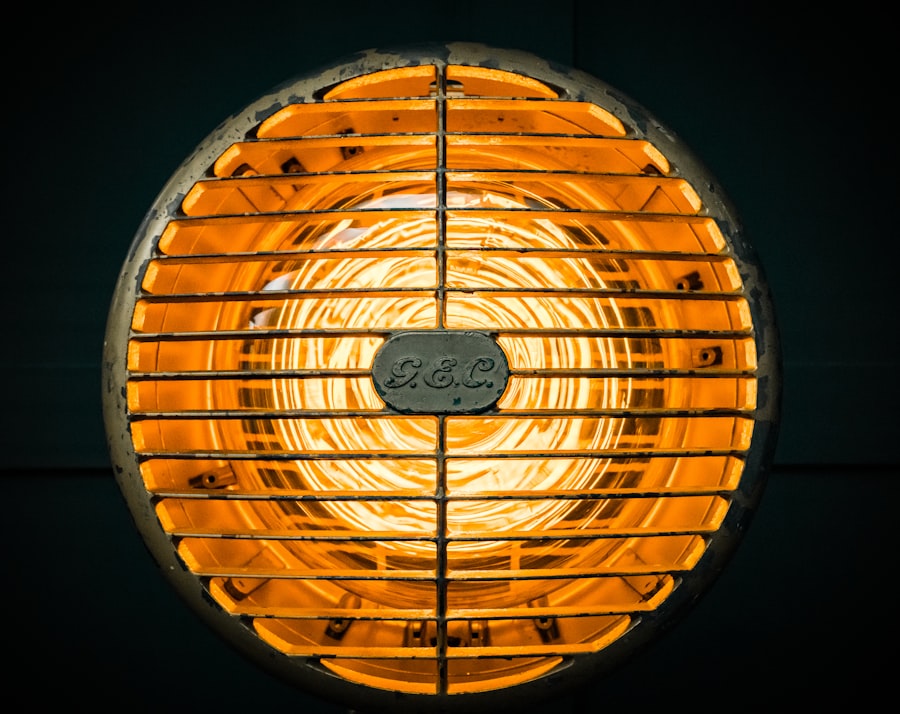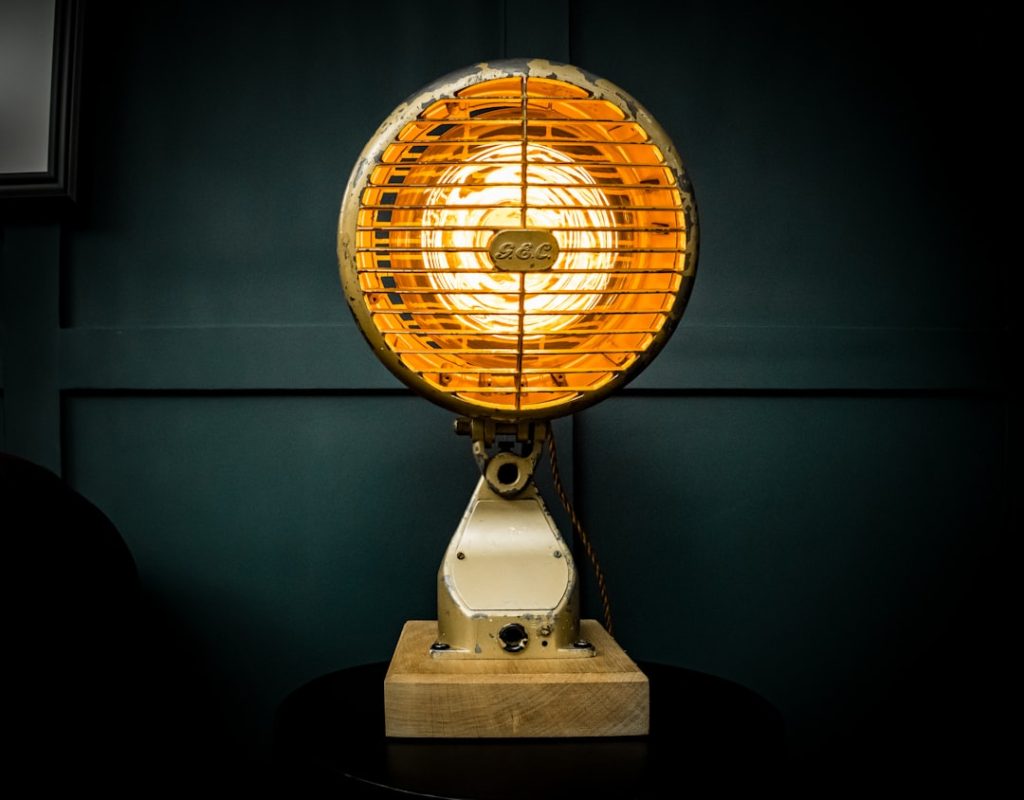Chickens have specific requirements for optimal health and well-being, particularly during winter. These include warmth, shelter from harsh weather, clean water, and nutritious food. Chickens are sensitive to temperature fluctuations and can experience stress if their environment is not properly managed.
Different chicken breeds have varying cold tolerances, so it’s essential to consider the specific needs of your flock when preparing for winter. While chickens generally handle cold better than heat, they still need a warm, dry environment to maintain health during winter. They are prone to frostbite on their combs, wattles, and feet, necessitating adequate shelter and protection from wind and moisture.
Sunlight exposure is also crucial for chickens in winter to support their overall health and egg production. Understanding and meeting these winter needs is fundamental to maintaining a healthy and productive flock during colder months.
Table of Contents
- 1 Providing insulation for the chicken coop
- 2 Using heat lamps or heaters
- 3 Ensuring proper ventilation
- 4 Providing extra bedding
- 5 Offering warm water and nutritious food
- 6 Monitoring the chickens’ health and behavior
- 7 FAQs
- 7.1 What are the best ways to keep chickens warm in winter?
- 7.2 How can I insulate my chicken coop for winter?
- 7.3 Is it safe to use heat lamps or heated pads for chickens in winter?
- 7.4 What temperature is too cold for chickens in winter?
- 7.5 How can I ensure good ventilation in the chicken coop during winter?
Key Takeaways
- Chickens need extra care in winter due to their susceptibility to cold temperatures
- Insulating the chicken coop with materials like straw or hay can help maintain warmth
- Heat lamps or heaters can be used to provide additional warmth, but should be used with caution to prevent fires
- Proper ventilation is crucial to prevent moisture buildup and maintain air quality in the coop
- Adding extra bedding such as wood shavings or straw can provide insulation and warmth for the chickens
- Offering warm water and nutritious food can help keep chickens healthy and maintain their body temperature
- Regularly monitoring the chickens’ health and behavior is important to ensure they are coping well with the winter conditions
Providing insulation for the chicken coop
Why Insulation is Crucial
Insulating the chicken coop is essential for maintaining a warm and comfortable environment for your flock during the winter months. Proper insulation helps to retain heat and prevent drafts, which are key factors in keeping chickens healthy in cold weather.
Methods of Insulation
There are several ways to insulate a chicken coop, including adding extra layers of bedding, using insulating materials such as foam board or reflective insulation, and sealing any gaps or cracks that could let cold air in. It’s important to insulate the walls, ceiling, and floor of the coop to create a barrier against the cold. Adding extra bedding, such as straw or wood shavings, not only provides insulation but also helps to keep the coop dry and clean.
Installing Insulation Materials
Insulating materials like foam board or reflective insulation can be installed on the walls and ceiling of the coop to help retain heat. These materials can be easily cut to size and attached to the interior of the coop using adhesive or staples. Sealing any gaps or cracks in the coop with caulk or weather-stripping is also important for preventing drafts and maintaining a consistent temperature inside the coop.
A Healthy and Happy Flock
By providing proper insulation for the chicken coop, you can help ensure that your flock stays warm and healthy throughout the winter.
Using heat lamps or heaters

In some cases, especially in extremely cold climates, using heat lamps or heaters may be necessary to provide additional warmth for your chickens during the winter. Heat lamps can be hung from the ceiling of the coop to provide a source of heat, while heaters can be placed on the floor to warm the air. It’s important to use caution when using heat lamps or heaters, as they can pose a fire hazard if not properly installed and monitored.
Additionally, it’s essential to choose heating devices that are specifically designed for use in chicken coops and to follow all safety guidelines provided by the manufacturer. When using heat lamps or heaters, it’s important to position them at a safe distance from any flammable materials, such as bedding or nesting boxes. It’s also crucial to regularly check the devices for any signs of wear or damage and to ensure that they are functioning properly.
Monitoring the temperature inside the coop is essential when using heat lamps or heaters, as it’s important to maintain a consistent temperature without overheating the space. By using heat lamps or heaters responsibly and with caution, you can provide your chickens with the additional warmth they need to stay healthy during the winter.
Ensuring proper ventilation
Proper ventilation is crucial for maintaining a healthy environment inside the chicken coop during the winter months. While it may seem counterintuitive to allow fresh air into the coop when trying to keep it warm, adequate ventilation is essential for preventing moisture buildup and maintaining air quality. Poor ventilation can lead to high humidity levels, which can contribute to respiratory issues and frostbite in chickens.
It’s important to strike a balance between retaining heat and allowing for proper airflow within the coop. One way to ensure proper ventilation is by installing vents or windows that can be opened and closed as needed. This allows you to regulate airflow while still providing protection from drafts.
It’s also important to regularly clean out any bedding or droppings that can contribute to moisture buildup and odors inside the coop. Additionally, ensuring that there are no obstructions blocking airflow, such as snow or debris, is essential for maintaining proper ventilation. By prioritizing ventilation in the chicken coop, you can help prevent respiratory issues and other health problems that can arise from poor air quality during the winter.
Providing extra bedding
During the winter months, providing extra bedding in the chicken coop is essential for keeping your flock warm and comfortable. Bedding not only provides insulation but also helps to absorb moisture and maintain a dry environment inside the coop. Straw, wood shavings, and shredded paper are all suitable bedding materials that can be used to create a cozy nesting area for your chickens.
It’s important to regularly replace or top up the bedding to ensure that it remains effective in retaining heat and absorbing moisture. In addition to providing extra bedding inside the coop, it’s also important to consider adding insulation underneath the floor of the coop. This can help prevent cold air from seeping up through the ground and into the coop, further contributing to a warm and comfortable environment for your flock.
By providing ample bedding and insulation, you can help ensure that your chickens stay warm and dry throughout the winter months.
Offering warm water and nutritious food

Access to Fresh Water
Chickens require access to fresh water at all times, and it’s crucial to ensure that their water supply does not freeze in cold temperatures. Using heated waterers or regularly replacing frozen water with warm water can help prevent dehydration and keep your flock hydrated throughout the winter.
Nutritious Food for Optimal Health
Providing nutritious food is crucial for maintaining your chickens’ overall health and egg production during the colder months. Feeding your chickens a balanced diet that includes high-quality feed, grains, fruits, and vegetables can help support their immune systems and keep them strong during the winter. Supplementing their diet with additional protein sources, such as mealworms or black soldier fly larvae, can also help provide them with extra energy to stay warm.
Maintaining a Clean and Dry Food Supply
It’s important to regularly check their food supply and ensure that it remains dry and free from mold or spoilage. By offering warm water and nutritious food, you can help ensure that your chickens have the energy they need to stay healthy during the winter.
Monitoring the chickens’ health and behavior
Monitoring your chickens’ health and behavior is essential for identifying any potential issues that may arise during the winter months. It’s important to regularly check on your flock for signs of illness or distress, such as lethargy, decreased appetite, or abnormal behavior. Additionally, monitoring their physical condition for signs of frostbite or other cold-related injuries is crucial for ensuring their well-being.
Regular health checks should include inspecting their combs, wattles, feet, and legs for any signs of frostbite or injury. It’s also important to observe their behavior and interactions within the flock for any signs of stress or aggression. By staying attentive to your chickens’ health and behavior, you can quickly address any issues that may arise and ensure that they receive prompt care when needed.
In conclusion, understanding and meeting the needs of chickens in winter is essential for ensuring their health and well-being during the colder months. Providing proper insulation, using heat lamps or heaters responsibly, ensuring proper ventilation, offering extra bedding, providing warm water and nutritious food, and monitoring their health and behavior are all key factors in keeping chickens healthy during winter. By taking these measures, you can help ensure that your flock stays warm, comfortable, and thriving throughout the winter season.
If you’re looking for more information on keeping chickens warm in winter, you might also be interested in learning about how to insulate a chicken coop. This article from Poultry Wizard provides helpful tips and techniques for keeping your chickens cozy during the colder months. Check it out here.
FAQs
What are the best ways to keep chickens warm in winter?
Some of the best ways to keep chickens warm in winter include providing a well-insulated coop, using heat lamps or heated pads, and ensuring good ventilation while avoiding drafts.
How can I insulate my chicken coop for winter?
You can insulate your chicken coop for winter by adding extra bedding, sealing any drafts, and using insulating materials such as foam board or straw bales.
Is it safe to use heat lamps or heated pads for chickens in winter?
It can be safe to use heat lamps or heated pads for chickens in winter, but it’s important to follow safety guidelines to prevent fires and ensure the chickens can’t come into direct contact with the heat source.
What temperature is too cold for chickens in winter?
Chickens can generally tolerate cold temperatures, but it’s important to ensure they have a dry and draft-free environment. Temperatures below freezing can be particularly challenging for chickens, especially if they are not acclimated to the cold.
How can I ensure good ventilation in the chicken coop during winter?
You can ensure good ventilation in the chicken coop during winter by providing adjustable vents, using windows with screens, and avoiding excessive moisture buildup that can lead to respiratory issues for the chickens.
Meet Walter, the feathered-friend fanatic of Florida! Nestled in the sunshine state, Walter struts through life with his feathered companions, clucking his way to happiness. With a coop that’s fancier than a five-star hotel, he’s the Don Juan of the chicken world. When he’s not teaching his hens to do the cha-cha, you’ll find him in a heated debate with his prized rooster, Sir Clucks-a-Lot. Walter’s poultry passion is no yolk; he’s the sunny-side-up guy you never knew you needed in your flock of friends!







